National Assembly deputies on the morning of June 25 - Photo: National Assembly
According to the recently passed law, the authority to decide on the establishment and adjustment of the state budget estimates is decentralized to the Government , instead of the National Assembly as before.
Decentralization of budget planning authority to the Government
Specifically, the Government shall prepare and submit to the National Assembly the national five-year financial plan, the annual central budget allocation plan, the budget adjustment estimate according to regulations, the revenue and expenditure estimate; decide on the use of increased revenue compared to the estimate, the remaining expenditure estimate of the central budget, etc.
The Government also prepares an estimate to adjust the state budget in case of changes that increase borrowing and deficit compared to the allocated estimate, and submits it to the National Assembly for decision. Based on the National Assembly's resolution, the People's Committees at all levels prepare an estimate to adjust the local budget and submit it to the People's Councils at the same level for decision.
The Government also decided to adjust the revenue and expenditure estimates of a number of ministries, ministerial-level agencies, government agencies, other central agencies and a number of provinces and cities.
However, this does not increase the total borrowing and budget deficit and needs to be reported to the National Assembly Standing Committee and the National Assembly at the nearest session.
Thus, the National Assembly only decides to adjust the overall state budget estimate when increasing the total borrowing level and budget deficit.
The National Assembly, the Government, the Prime Minister , the People's Councils and the People's Committees at the provincial and communal levels must increase inspection and supervision and have sanctions to strictly handle violations, fight corruption, negativity and waste. Along with that, the Prime Minister's detailed management and leadership in each area of revenue and expenditure is also in accordance with the provisions of the Constitution.
Decentralization of central and local budgets
Regarding the decentralization of revenue sources between the central budget and local budgets, according to the Minister of Finance, after receiving opinions from delegates and localities, the Government accepted and selected option 2 and submitted it to the National Assembly to complete the decentralization.
At the same time, accept and adjust the regulations on the division of land use fees and land rents in the direction that Hanoi enjoys 100% of these revenues according to the provisions of the Capital Law.
Localities that do not receive additional balance, the local budget receives 80%, the central budget receives 20%; Localities that receive additional balance, the local budget receives 85%, the central budget 15%.
The central budget will receive revenue from 100% of import-export tax, additional import tax, special consumption tax on imported goods; resource tax, corporate income tax, profits from oil and gas activities; non-refundable aid; fees and charges from services performed by central agencies (except registration fees); collection of administrative fines and other fines; from exploitation and handling of public assets of central agencies...
The amounts to be divided between the central and local budgets: Corporate income tax; personal income tax, special consumption tax, environmental protection tax; fees for granting rights to exploit minerals and water resources (central rate 70%; local rate 30%); value added tax (rate 70-30%)...
Meanwhile, localities enjoy 100% of budget revenue including: Resource tax, excluding resource tax collected from oil and gas exploration and exploitation activities; Agricultural land use tax; Non-agricultural land use tax;
Water surface rental fees, sea area usage fees; Rental fees and sales of state-owned houses; Registration fees; Revenue from lottery activities; Revenue from exploitation and disposal of local public assets.
The law recently passed by the National Assembly also does not stipulate the order of priority in handling revenue increases compared to the budget estimate. The remaining budget expenditure estimates ensure flexibility in implementation.
The Law on Budget (amended) has 79 articles, effective from the 2026 budget year. In particular, regulations on budget preparation, state budget implementation and budget decentralization at provincial and communal levels in the fields of science, technology, innovation and digital transformation will take effect from July 1.
Tuoitre.vn
Source: https://tuoitre.vn/quoc-hoi-quyet-ti-le-phan-chia-ngan-sach-trung-uong-va-dia-phuong-20250625095115322.htm


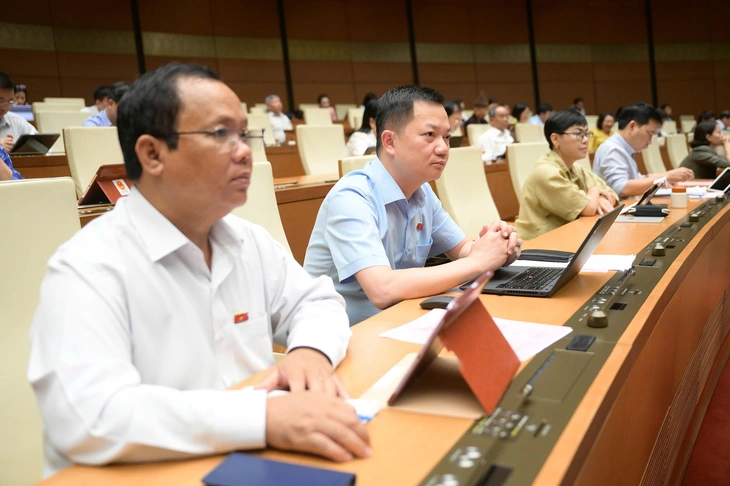



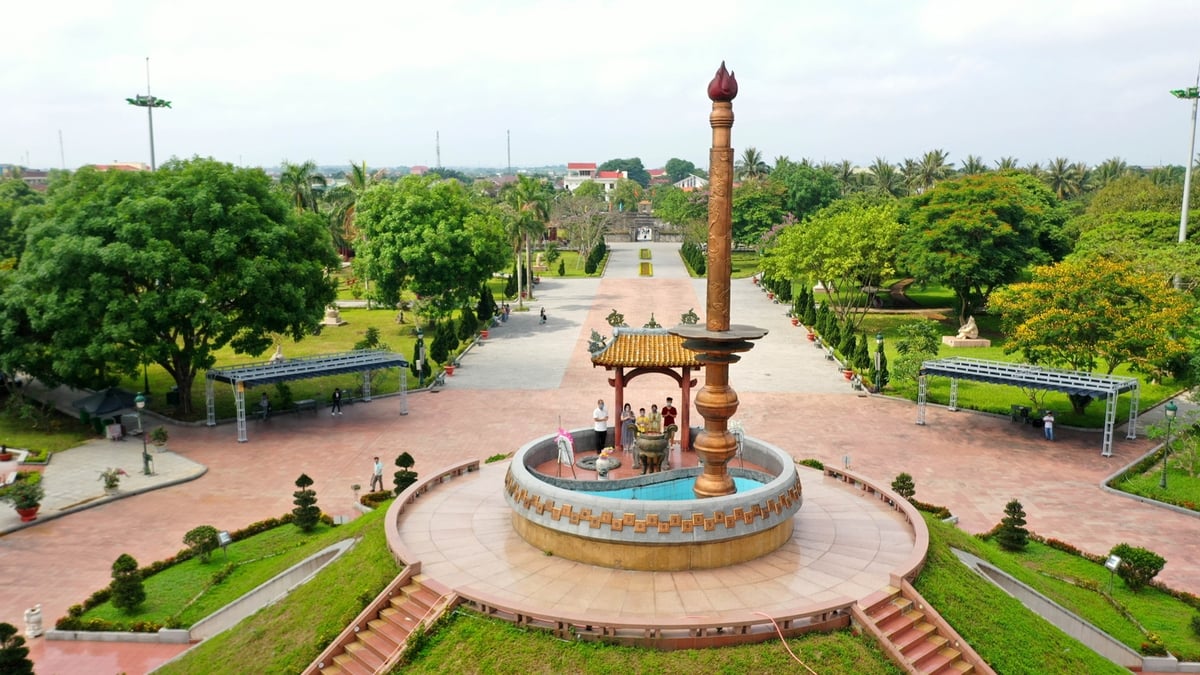


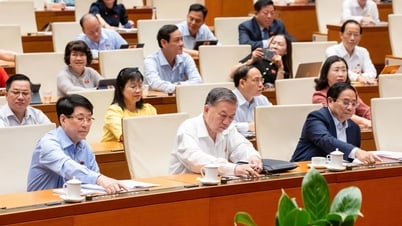



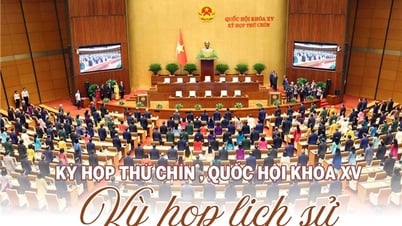

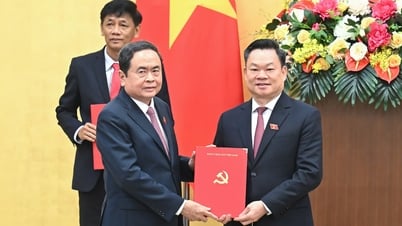

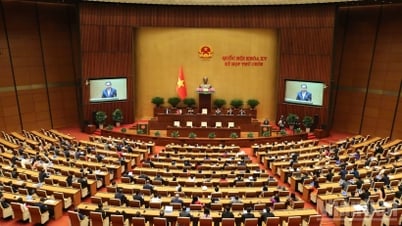






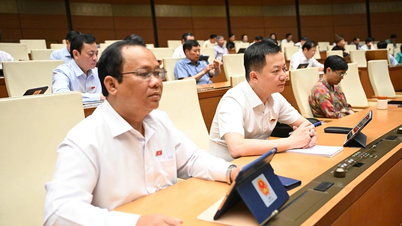


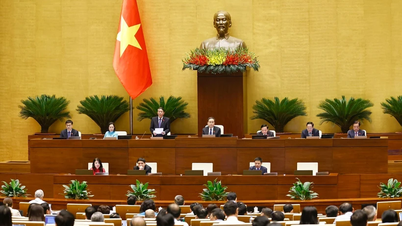












































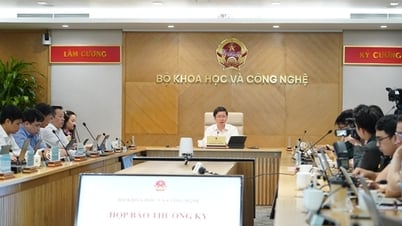

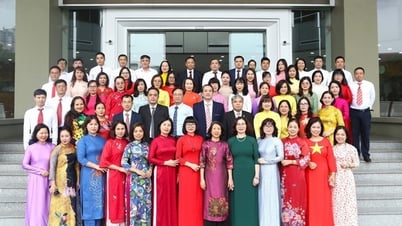































Comment (0)